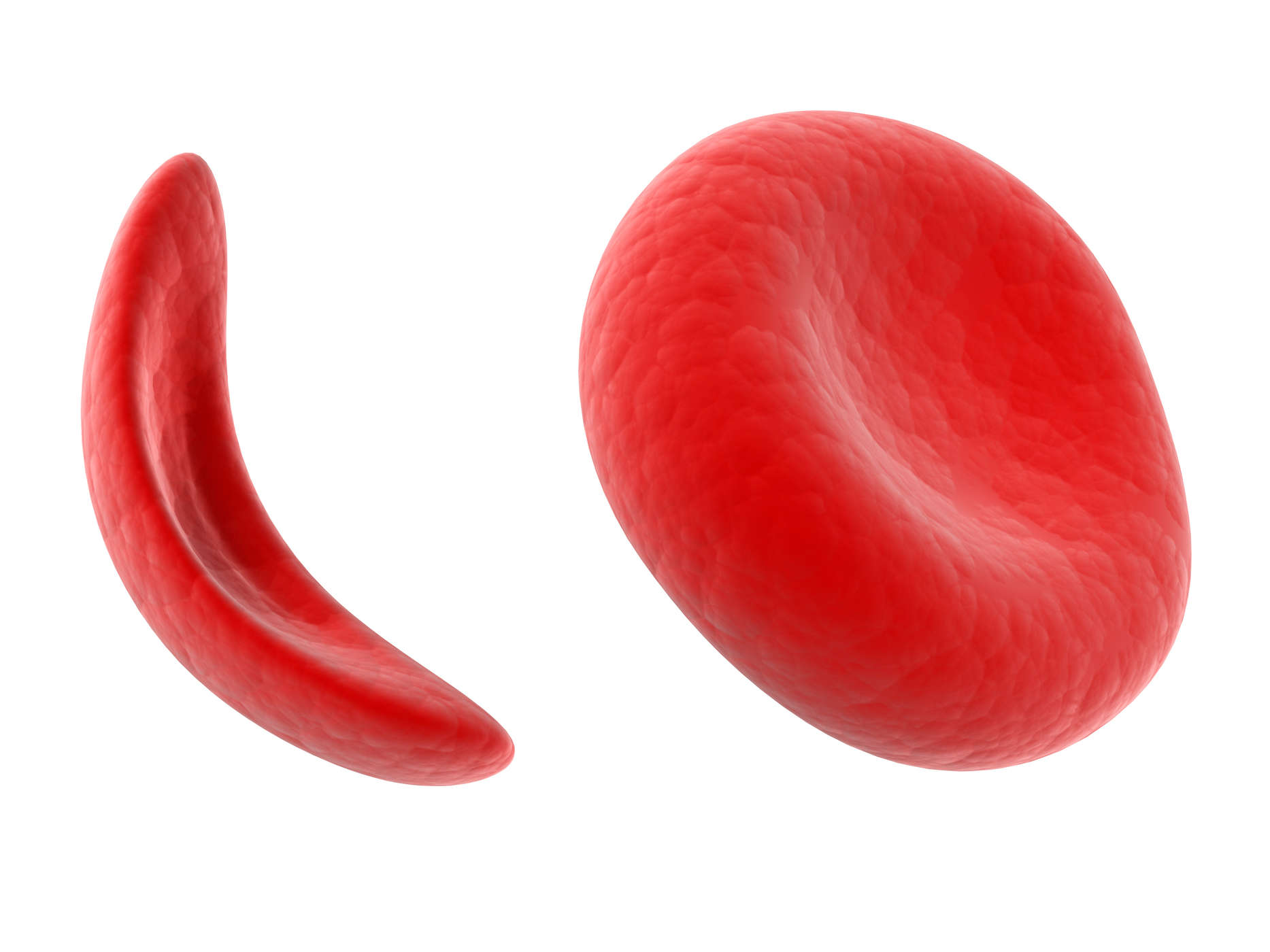Contents:
- Medical Video: Tummy time exercises for your baby
- Development of a 6-week-old baby
- How should the baby develop 6 weeks?
- What should I do with my baby?
- Health for babies aged 6 weeks
- What do I need to discuss with the doctor?
- What should I know?
- Which must be considered
- What should I pay attention to?
Medical Video: Tummy time exercises for your baby
Development of a 6-week-old baby
How should the baby develop 6 weeks?
During the development of this 6-week baby, prepare to get a gift in the form of a radiant smile without the teeth of your little one. Of course, this little smile will definitely melt your heart.
The little one also has a certain reaction to the sound of the bell, for example staring, crying, or silent, on the development of the baby 6 this week.
What should I do with my baby?
To help the development of a baby 6 weeks, most experts advise to put the baby in bed when your child has begun to get sleepy so he can fall asleep by itself.
Do not forget also to determine the hours of sleep and get used to sleeping at that time, so that from the beginning the child already has a healthy sleep schedule.
Health for babies aged 6 weeks
What do I need to discuss with the doctor?
Depending on the health of the baby, the doctor will carry out certain examinations. But if you take him to the doctor this week, consult your doctor about the following:
- If the baby's weight is difficult to rise or experience any disease
- If you are worried about unusual habits, sleep patterns, and patterns of breastfeeding for the past 2 weeks
What should I know?
There are a number of things you need to know to support the development of a 6-week baby, including:
1. Baby nutrition
Experts recommend every mother to give exclusive breastfeeding during the first 6 months of a baby's life. Unfortunately, not all women are able to produce breast milk. Don't worry if you can't breastfeed your child, because you can give him bottle milk. Babies who are bottle-fed, as long as they are healthy, happy, and have a normal weight, that means they get enough nutrients.
However, you must be careful. The reason is, gift Formula milk in infants excessively it can make babies overweight. Not only in her infancy, but it can also have an impact until she grows up.. This is because formula milk contains more protein and fat than breast milk. In addition, formula milk also tends to be easily consumed and can increase appetite.
Consult your pediatrician to find out how much formula milk is ideal for your baby to consume every day. If needed, your doctor may prescribe several vitamins and nutrients such as vitamin D and iron.
2. Sleep position
Baby sleeping position under the age of 6 months should be the main concern of every parent. Because, this will increase the risk of your child experiencing Sudden Infant Death Syndrome (SIDS) or sudden infant syndrome. When parents put the baby to sleep, the best choice is the supine position.
Research has shown that sleeping on your back reduces the chance of getting a fever, stuffy nose, and ear infections and vomiting at night. Begin to sleep the baby in the supine position immediately, so that the child will get used to and feel comfortable in that position from the beginning.
3. Baby's breathing
The breathing rate of a normal newborn is around 40 times every minute in a state of wakefulness. When a baby sleeps, the respiratory rate may slow down to 20 times per minute. However, what might make you anxious is if your baby's breathing pattern is not regular during sleep.
Yes, when a baby falls asleep, his breathing rate tends to be faster and shallow which lasts for 15-20 seconds, and usually stops for less than 10 seconds, and then breathes again. This type of breathing pattern is called periodic breathing, including normal and this is caused by a baby's rudimentary respiratory control center in the brain. So, there is no need to feel overly anxious when your little one sleeps, his breath tends to be irregular.
Even so, if you see something unusual about your baby's sleep patterns and breathing rate, don't hesitate to consult a doctor immediately.
4. Umbilical cord cleanliness
Infection umbilical cord rare, especially if you clean the baby's umbilical cord area regularly. If you notice reddish spots on the skin or umbilical cord or there is fluid from the lower umbilical cord, especially if the umbilical cord smells, immediately take your baby to the doctor.
If your baby has an infection, the doctor will give antibiotics. The umbilical cord usually dries and releases within 1-2 weeks after the baby is born. When the umbilical cord is released, you may find a small amount of blood or fluid such as blood flowing. This is a normal thing and need not worry. However, if the navel does not close completely and does not dry out in 2 weeks after the umbilical cord is released, take your baby to the doctor for treatment.
Which must be considered
What should I pay attention to?
Below are a few things you should pay attention to:
There is nothing happier than seeing your little angel sleeping soundly. However, if your baby falls asleep in your arms when you are busy with other work, move the baby to the bed slowly, then wait for 10 minutes until he actually sleeps, then try:
- Place the baby on a high mattress, which has a safety side to avoid falling. During the first few weeks, use a substitute for baby cots such as strollers, baby swings, or cribs, all of which might make it easier for you to bring your baby in and out.
- Dim the light in the baby's bedroom.
- Sing some lullabies.
- Watch your baby every time. Make sure the distance between your baby's bed and your position for activities is not too far away.
2. Soothes crying babies
In the second week of the first month, the baby may still cry frequently. To relieve baby crying, you need to try many ways. Yes, try each method before you use other methods.
Some tricks that you can try to relieve baby crying include:
- Find out what the cause of your baby crying. In many cases, the baby cries because he is hungry or his diaper is wet. So, check these two things to find the trivial cause of your little one crying.
- Instantly hug and calm the baby when he cries. You can also be able to pat the baby's back while swinging it and say "ssshhh" until the tears subside.
- Research has shown that babies who are carried or carried by baby stroller for at least 3 hours every day cry less than babies who are not often held.
- Baby swaddle You. Swaddling can make the baby feel comfortable, especially during colic.
- Look for fresh air to calm the baby.
- Entertain your baby with fun things.
- Make a cheerful atmosphere.
How is your baby developing the next week?












